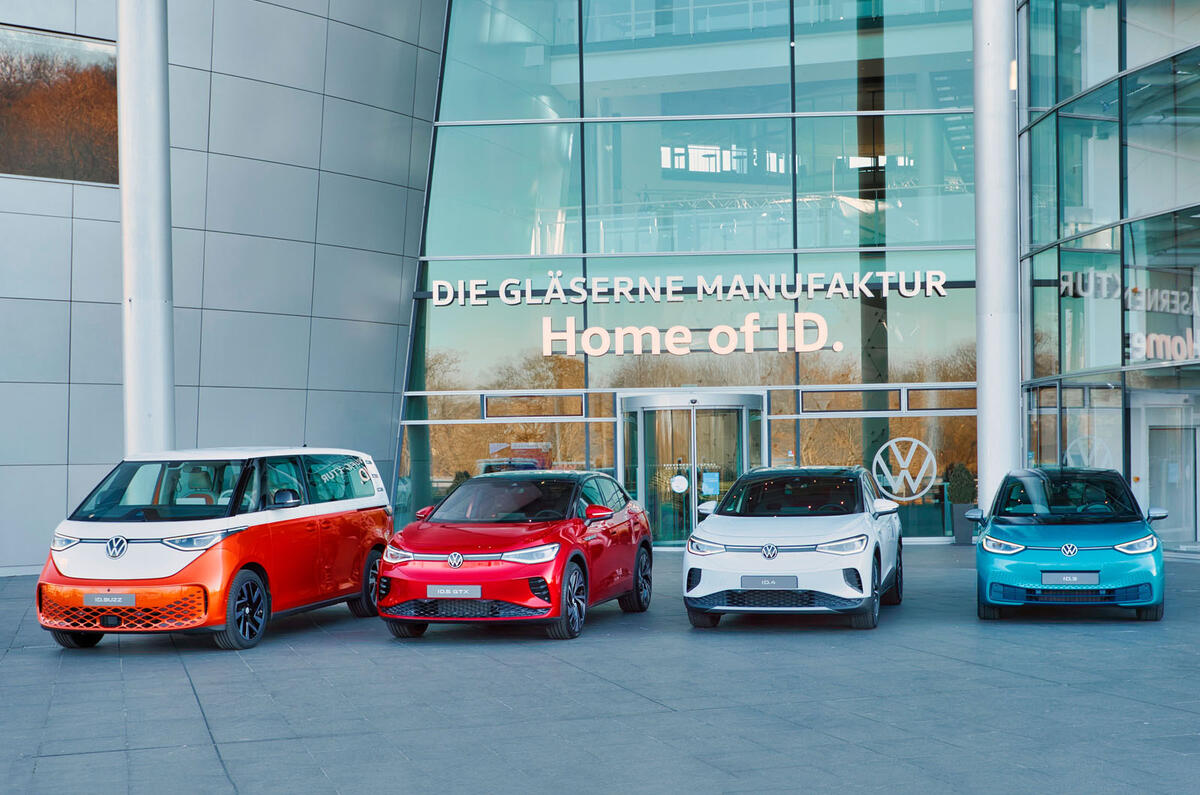Car sales are jumping across Europe as supply returns, new figures show, but high new car prices and rising interest rates threaten the industry’s recovery in the second half.
Overall sales across Europe, including the UK, grew by 17% to 5.3 million in the first five months of the year, according to data from European automotive industry group the ACEA. Within that, the UK followed the European average with a 17% increase to 772,454 over the same period.




Add your comment